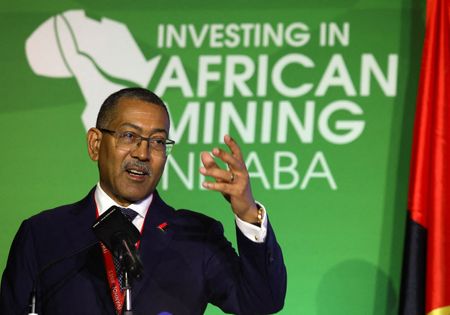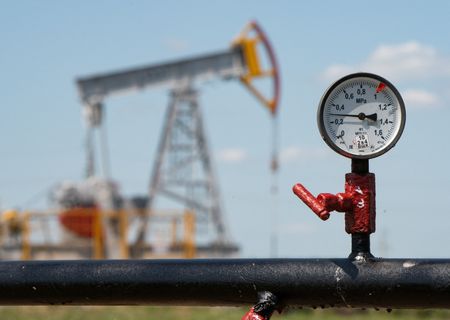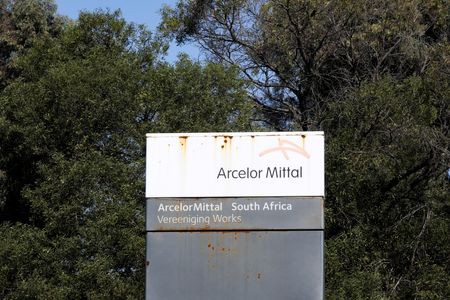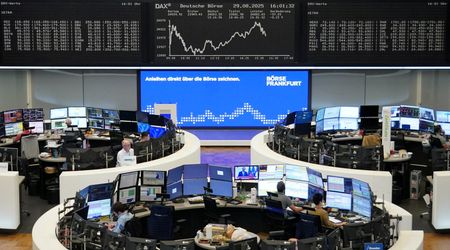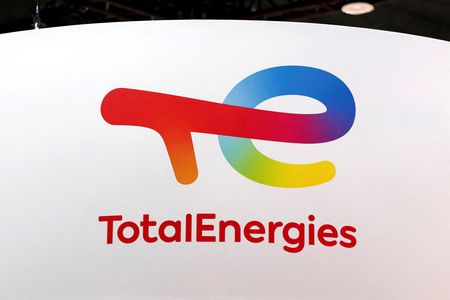LUANDA (Reuters) -Angola’s planned 30,000-barrel-per-day Cabinda oil refinery, the first to be built since independence a half-century ago, will begin producing fuel by year-end, the Southern African country’s oil and gas minister said on Monday.
The project, which will be Angola’s second oil refinery, will help make sub-Saharan Africa’s No.2 crude producer less dependent on costly fuel imports amid government efforts to eliminate fuel subsidies that have triggered deadly protests.
“Today we can confirm that the Cabinda refinery is entering its decisive phase and that by the end of the year, Angola will have the first commercial derivatives produced at this unit,” Diamantino Azevedo, the oil and gas minister, said at an inauguration ceremony also attended by Angola’s president.
Gemcorp, a London-based emerging markets investment firm, is the largest shareholder in the plant and previously said the first phase would supply 5-10% of the country’s fuel needs.
State-owned oil company Sonangol holds the remaining 10% shareholding and supplies the refinery with feedstock. Angola imports around 72% of its domestic fuel consumption or some 3.3 million metric tons of refined petroleum products each year, according to Sonangol.
Investment for the first phase reached $500 million to $550 million, Gemcorp told Reuters last year, higher than initial estimates as costs rose due to the pandemic and inflation.
A second phase is expected to take crude processing capacity up to 60,000 bpd and bring a diesel and jet fuel-producing hydrocracking unit online.
Azevedo said construction of the proposed 100,000 bpd Soyo refinery was under review due to constraints presented by the private developer, U.S.-led Quanten Consortium.
However, construction of the Lobito refinery would restart after a thorough review and “significant cost reduction,” Azevedo said without providing further details.
Earlier this year, an executive at Sonangol told Reuters it was in talks with Chinese and European banks to overcome a $4.8-billion funding shortfall for the 200,000 bpd Lobito refinery.
(Reporting by Miguel Gomes and Wendell Roelf; editing by Rod Nickel)

